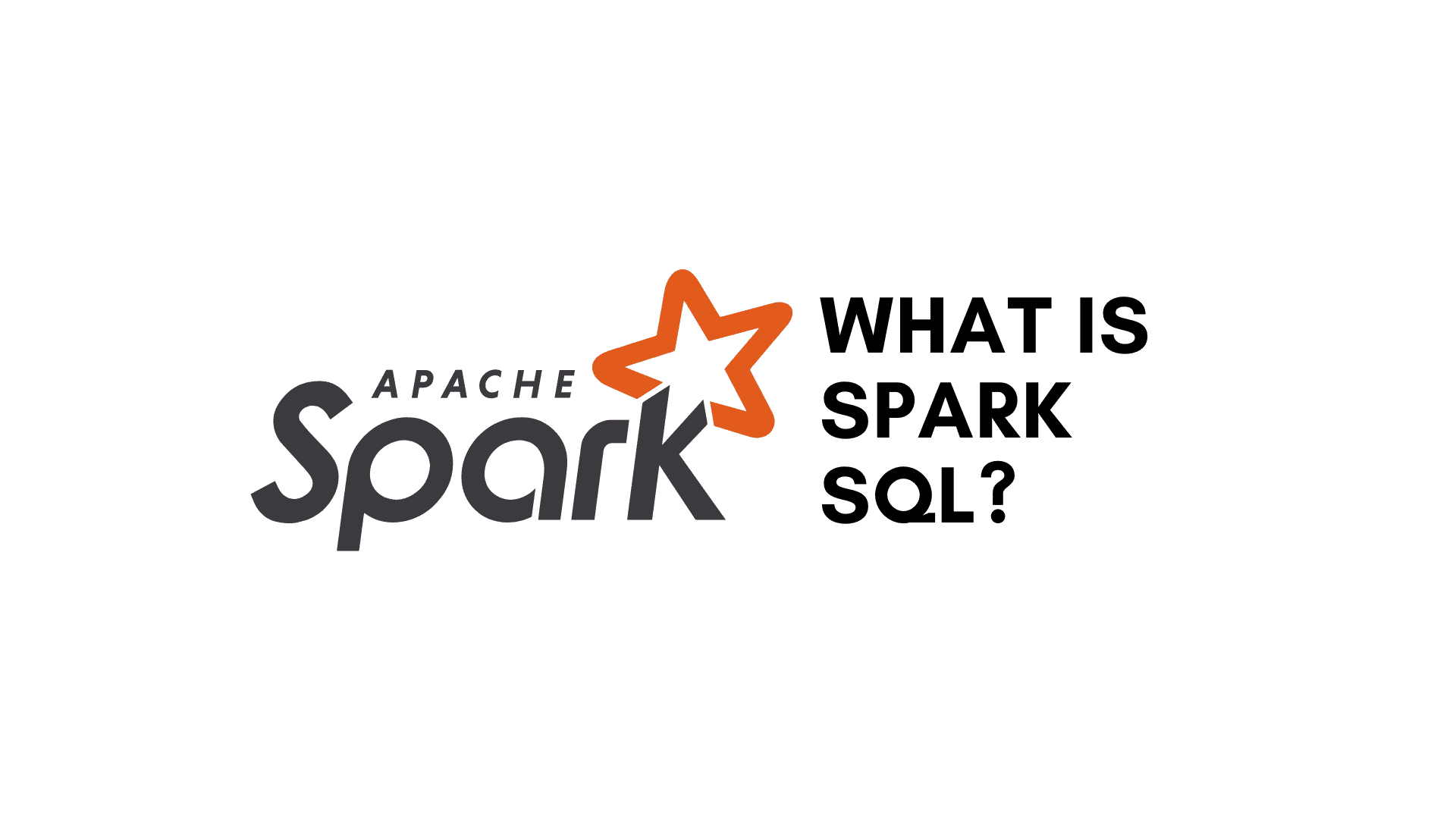- Introduction
- What is Business Analytics?
- Why Business Analytics Courses?
- 5 Reasons why you should enroll in Business Analytics Courses
- Benefits of pursuing Business Analytics Courses:
- 10 Career options after Business Analytics Course
- Which industry can you work in with a Business Analyst Degree?
- Conclusion
Introduction
The Fourth Industrial Revolution is here. Believe it or not, technologies like AI, Big Data, and Quantum Computing require a sophisticated understanding that only technical education can bring. Business Analytics is one such branch of technical education that is gaining importance and demand in a world that needs people to keep up with the rapid pace of data creation and analysis.
Usually, data science & analytics courses are taken up at the PG level, but these days it is better to build a foundation at the undergrad level to up your game. In this blog, we shall talk about business analytics, a bachelor in business analytics course, and reasons why you should take up business analytics as a career path.
So, let’s get started.
What is Business Analytics?
In simple language, Business Analytics solves business problems or helps make data-driven decisions using insights from big data to help companies become more innovative, productive, and competitive.
It also means utilizing “data mining, predictive analytics, and statistical analysis to analyze and transform data into useful information, identify and anticipate trends and outcomes, and ultimately make smarter, data-driven business decisions,” as OmniSci quotes.
Business analytics is a cocktail of four different kinds of analytics:
| Descriptive Analytics | Uses historical data to identify trends |
| Diagnostic Analytics | Data mining and discovering causes behind events |
| Predictive Analytics | Predicting the likelihood of events happening(especially in sales and marketing domains) |
| Prescriptive Analytics | Providing solutions through deep learning and neural networks |
Why Business Analytics Courses?
Competition
In the current market, everyone is hesitant to welcome technological change. To stay relevant and afloat in the market of intense competition, it is crucial to embrace tools that can help maneuver information technology in business.
Skill Gap
There is a massive skill demand in the field of big data analytics. That is because big data, AI, ML, Blockchain, and IT are expanding at the pace they are, this skill shortage is inevitable. Consequently, there is a huge demand for specialists in this broad domain.
According to the US Bureau of Labor Statistics: Employment in business and financial operations occupations is projected to grow 8 percent from 2020 to 2030, about as fast as the average for all occupations, adding about 750,800 new jobs.
Jobs of Financial Analysts are expected to grow by 5% by 2029. And a report by the University of Bridgeport shows that occupations like these require/prefer a Bachelor’s in Business Analytics. Similar to financial analysts, jobs like Budget Analysts and Market Research Analysts require a Bachelor’s in the analytics domain.
Additionally, job posting trends estimate that entry-level business analysts are one of the fastest-growing profiles. Check the table below to see the demand for business analysts in 2020, which continues to remain unfilled and increase gradually. This trend has only multiplied in the last year owing to remote working and global-level digital transformation.
| BA Profile | Number of estimated job postings by 2020 | Expected Salary |
| Data-driven Decision Makers | 922,428 | $91,467 |
| Functional Analyst | 901,743 | $69,162 |
| Data Systems Developer | 641,635 | $78,553 |
| Business Analyst | 143,926 | $105,909 |
| Analytics Manager | 44,894 | $160,125 |
Salary
And, now to the primary part: salary. According to Salary.com, the average base salary of a business analyst is between $71,017 and $88,360. The salary also varies depending on factors, such as education, experience, additional skills, and certifications.
For example, an MBA post a Business Analytics course is likely to fetch more salary. Likewise, good work experience and certifications from top-notch institutes can bring more remuneration and career growth.
The Human Factor
With AI chatbots and assistants now playing polite humans and taking over jobs that were once believed to be for us-living species, now it is only creativity and innovation that can save us or set us apart in Industry 4.0. At least, that is what Professor Hwang Ha Jin, Head of Department of Business Analytics at Sunway University Business School in Malaysia, believes.
In an interview with QS Top Universities, he said, “Critical and creative thinking capability, analytical skills and IT skills gained through the Bachelor of Business Analytics will help students maintain professional competency in the Fourth Industrial Revolution and become leaders to open the way to the Fifth Industrial Revolution.”
5 Reasons why you should enroll in Business Analytics Courses
1. Business Analytics is not just for those who love numbers
Against common misconception, Business Analytics Courses are not just for people who like numbers or are good at math or statistics. It is for anyone who can spot trends, patterns, and associations. That also means creative and innovative people can and should apply for such a course when the industry needs people of a creative kind.
2. Dynamic work environment
No two days are the same in the life of a business analyst. The dynamic and challenging work environment helps in the overall professional development of a business analyst. So, for someone who wishes to seek adventure and adrenaline in corporate life, a Business Analytics course is a must.
Additionally, one also is in constant touch with various departments of the company they work in and with clients directly. These multi-faced interactions also help in the holistic development of insight and perspective in a business analyst.
3. Skill Sets to die for
From communication and leadership to developing presentation skills, an analytical bent of mind, effective decision-making, performing well and consistently under pressure, to becoming an adept pattern/trend spotter, the Business Analytics course platter is vast.
By the time you finish your seventh-course meal, you will have a new/varied course of quantifying business values. So, if you want to don many hats and master many skills, the Bachelor of Business Analytics from Deakin University is the course for you.
4. Freedom of work
Many business graduates worry about the cumbersome hierarchies followed in the corporate world. But rest assured, a business analytics course helps you gain skills and business acumen that allow you to take on roles that provide independence from micromanagement.
After all, companies depend upon their data and analysis team for insights to chart their growth graph on a yearly/quarterly basis. So, the leadership in such places tends to trust their business analysts’ instinct and foresight to take an organization forward.
5. Business Analytics can be applied to any industry
If you like analytics and art, it is not like you can not work in both fields. That is because of the demand for business analytics in every industry today. There are multiple creative options available.
Not only will you cross paths with various departments within the organization you work in( like marketing, creative writing, design), but also you will cross paths with other industries like pharma, manufacturing, retail, travel & hospitality, etc. And because of the skill-set that learners possess at the end of a Business Analytics course, they could easily switch careers or make artistic job profile combinations like the one I suggested above.
Benefits of pursuing Business Analytics Courses:
| Tangible skills | Intangible skills |
| Data Science Basic Inference and Visualization Operations Computer Concepts Business Forecasting & more | Communication Leadership Decision making Time management Problem-solving & more |
| Material benefits | Immaterial benefits |
| High paying career Ace graduate-level education Quick professional growth | Job security Job satisfaction Work-life balance A well-settled life |
10 Career options after Business Analytics Course
1) Business Analyst
In this job role, you will collect and analyze data. And then apply it to decision-making across a variety of business problems. It is an office job but can/does require some travel to meet clients/stakeholders.
2) Market Research Analyst
A Market research analyst studies consumer/market trends and behavior through data. A role that will keep you connected with sales directly, as it involves data analysis and decision-making that helps drive sales of a product/service.
3) Data Scientist
The Data Scientist needs no introduction. One of the hottest jobs in the market for the last five years, a Data Scientist (kind of like a business analyst) translates data to provide meaningful insights into business problems.
4) Management Analyst
Management Analysts or Management consultants are hired to help reduce a company’s cost and boost revenue. They collect and analyze data to improve a business’s operations and efficiency.
5) Business Advisor
This job role includes strategizing and executing plans to improve a company’s financial and operations management. A business advisor most closely works with advising developments across marketing, product development, and financial departments.
6) Project Manager
As the name suggests, a project manager is responsible for a project throughout its development cycle from start to finish. From managing project teams to allocating resources, the career graph is also multidisciplinary.
7) Process Analyst
The primary role of a process analyst is to analyze and recommend paths/areas in which a business can improve its workflows. They also work with multiple stakeholders and departments within a company to keep track of business performance and identify internal areas of improvement.
8) Financial Advisor
A key leadership position within an organization, a Financial Advisor’s role involves advising senior management in key decision-making areas like increasing revenues and business. This professional role also requires a sound understanding of data analytics.
9) Systems Analyst
They analyze how the IT infrastructure of a company fits the needs of the business of their organization. Although an offshoot of business analytics, one has to specialize in system-specific requirements before taking up a lucrative career in that domain.
10) Analytics Manager
An analytics manager is the caretaker of the analytics infra at an organization. This job role includes creating strategies for collecting, analyzing, and implementing analytics solutions for a business.
Which industry can you work in with a Business Analyst Degree?
As mentioned earlier, a business analytics course makes you capable of working in all industries because of big data and massive changes in IT. However, some sectors will always have an opening for you:
- Top-notch companies in all industries, from manufacturing to retail and IT
- Public sector organizations
- Research companies
- Business analysis firms
- Consultancies
Conclusion
Hoping that I have managed to convince you about the benefits of the business analytics course, its scope, and job opportunities, you will be kind enough to take a look at our BBA program in detail.






